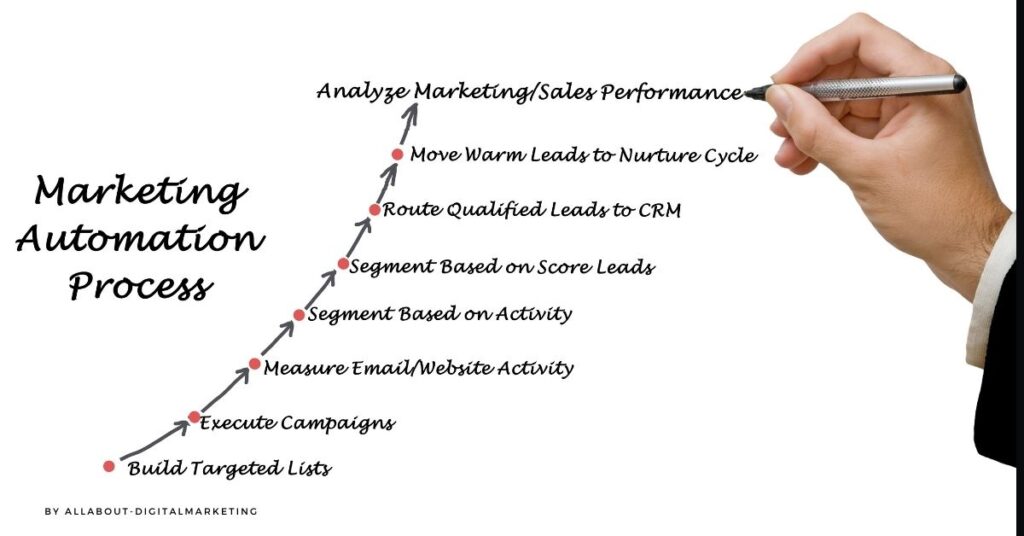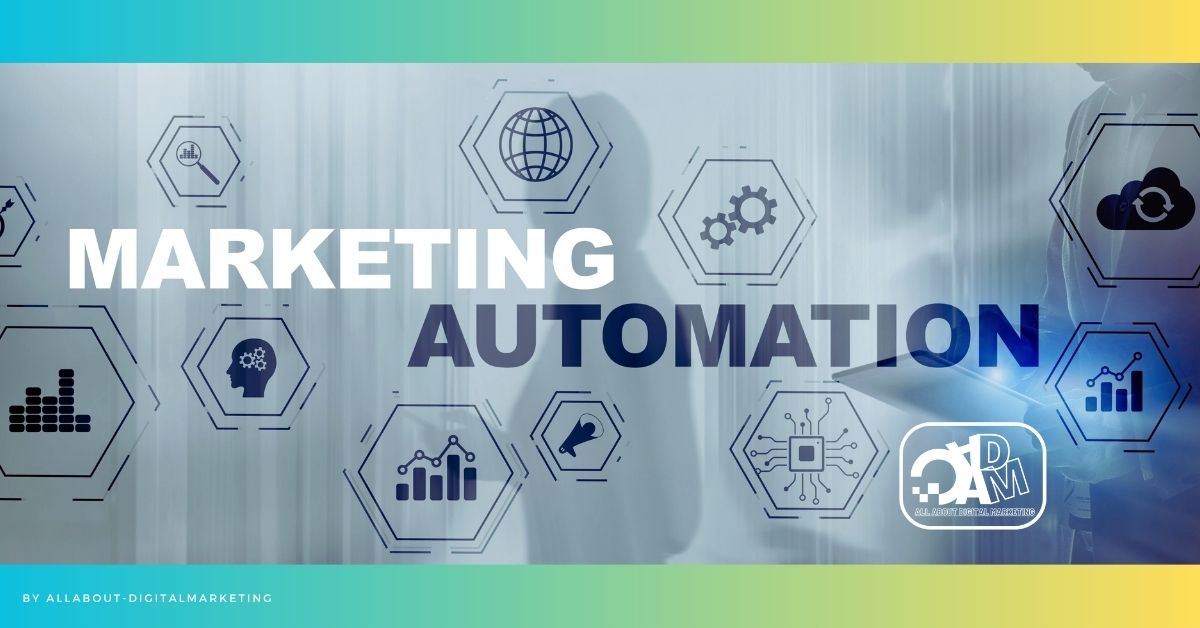In today’s fast-paced business landscape, staying ahead of the competition requires businesses to be nimble, efficient, and highly targeted in their marketing efforts. This is where Marketing Automation comes into play. In this blog post, we will delve into the world of Marketing Automation, exploring its best practices, benefits, and addressing common questions to equip your business with the knowledge needed to harness its power effectively.
Understanding Marketing Automation
What is Marketing Automation?
Marketing Automation refers to the use of software and technology to streamline, automate, and measure marketing tasks and workflows. These tasks can include email marketing, social media posting, lead nurturing, and more. The primary goal of Marketing Automation is to increase efficiency, reduce human error, and deliver personalized, targeted content to leads and customers.
Benefits of Marketing Automation
Improved Lead Management
Marketing Automation allows businesses to track and manage leads efficiently. By assigning scores and nurturing leads through automated workflows, you can identify the most qualified prospects, leading to higher conversion rates.
Enhanced Personalization
Personalization is key in modern marketing. Marketing Automation tools enable businesses to deliver tailored content to individual leads based on their behaviors and preferences, resulting in higher engagement and conversions.
Time and Cost Savings
Automating repetitive marketing tasks such as email campaigns and social media posting frees up valuable time for your marketing team. This not only reduces labor costs but also ensures consistent and timely communication.
Data-Driven Decision Making
With Marketing Automation, you gain access to valuable data and insights about your marketing campaigns. This data can be used to refine your strategies, optimize content, and make informed decisions that drive better ROI.
Scalability
As your business grows, Marketing Automation scales with you. It can handle an increasing volume of leads and customers without a proportional increase in manual effort.

Best Practices for Marketing Automation
Define Clear Objectives
Start by setting clear marketing objectives and goals. What do you want to achieve with Marketing Automation? Having a well-defined strategy will guide your efforts effectively.
Segment Your Audience
Segmentation is crucial for personalization. Divide your audience into distinct groups based on demographics, behavior, and interests. This allows you to send targeted content to each segment.
Create Quality Content
Quality content is the cornerstone of successful marketing automation. Ensure that your emails, social media posts, and other content are engaging, relevant, and valuable to your audience.
Test and Optimize
Continuous improvement is key. A/B testing your emails and workflows, analyzing the results, and making data-driven optimizations will help you achieve better results over time.
Monitor and Measure
Regularly monitor the performance of your marketing automation campaigns. Use key performance indicators (KPIs) such as open rates, click-through rates, and conversion rates to gauge success.
Conclusion
Marketing Automation is a powerful tool that can revolutionize your marketing efforts, driving efficiency, personalization, and better ROI. By implementing best practices, staying data-driven, and continuously optimizing your campaigns, you can unlock its full potential for your business. Embrace Marketing Automation today, and watch your marketing efforts soar to new heights.
Frequently Asked Questions (FAQs)
Q1: What types of businesses can benefit from Marketing Automation?
A1: Marketing Automation is beneficial for businesses of all sizes and industries, from e-commerce to B2B companies. Any business looking to streamline marketing efforts, improve efficiency, and boost ROI can benefit from it.
Q2: How much does Marketing Automation software cost?
A2: The cost of Marketing Automation software varies depending on the provider and the features you require. It can range from a few hundred dollars per month for small businesses to several thousand dollars per month for larger enterprises.
Q3: Is Marketing Automation suitable for startups?
A3: Yes, Marketing Automation can be beneficial for startups, especially when looking to establish a strong online presence and nurture leads effectively from the early stages.
Q4: What are some common mistakes to avoid in Marketing Automation?
A4: Common mistakes include neglecting personalization, sending too many emails, not segmenting your audience, and not regularly optimizing your campaigns. It’s essential to avoid spammy or irrelevant content.


You’ve been great to me. Thank you!